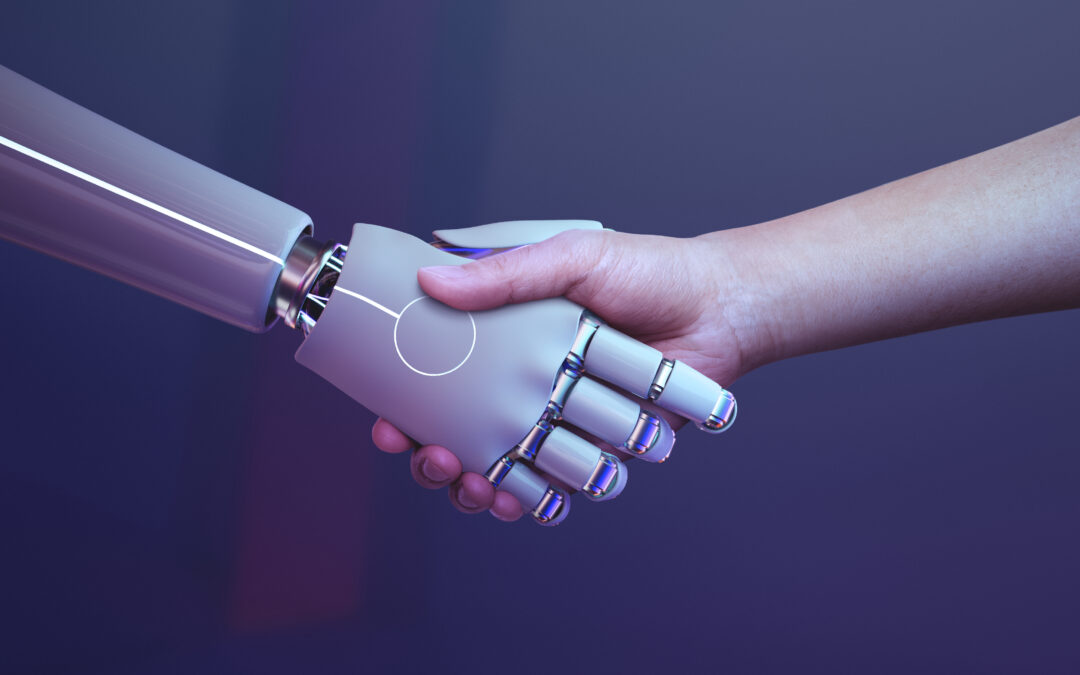Did you ever have a conversation about artificial intelligence where someone asked if you thought AI was going to take over our jobs? Probably. As an IT professional, you likely have a little more insight than the uninitiated. So what do you say? Do you have a rational response or are you one of many who break out into a cold sweat every time someone brings up machine learning reminiscent of Skynet and fear AI becoming self-aware and John Connor not returning your calls? The rise of artificial intelligence has caused a whirl of discussion about the future of jobs and the potential for machines to take over many positions currently held by humans. With stories of ChatGPT becoming mainstream whilst inundating our LinkedIn pages daily, there is no doubt that AI will continue to revolutionize the way we work. But does that mean it will put us out of business? Not yet.
It’s important to remember that AI isn’t some newfangled technology that just appeared out of thin air. We have been utilizing and experiencing it for decades in various applications such as facial recognition, text analysis, and more. Common examples include Siri, Alexa, Google Assistant, search engine results, language translation, and Autocomplete & Autocorrect (ML algorithm). Even Netflix uses AI and machine learning to predict which images best engage which viewers as they scroll through its thousands of titles. But advances in machine learning have made AI much more powerful than ever before.
This means that it can now be used for more complex tasks such as natural language processing or customer service automation. However, despite its immense power and potential, AI cannot entirely replace human workers. The basis of human intellect is acquired via the process of learning through a multitude of experiences and situations. Given the fact that robots are unable to think in an abstract manner, they will never create a cognitive process that is unique to humans.
AI can certainly make jobs easier or even obsolete in some cases but it won’t eliminate them. An algorithm may be able to analyze data faster than a human being but it still needs someone to interpret the results and make decisions based on them. In other words, while machines may be able to automate certain processes they still need humans to make sense of the end product and use it effectively. This means that though AI may change how people do their jobs, it shouldn’t put anyone out of work — at least not until further advances are made in machine learning and artificial intelligence.
While there is no denying that artificial intelligence is quickly making its way into businesses across all industries, its rise does not necessarily mean doom for human workers. So while it’s true that artificial intelligence will continue to become more sophisticated and powerful over time, your Siri-loving souls can sleep easy at night knowing that you are still an essential part of any successful business model… at least for now.

